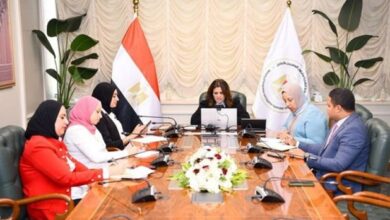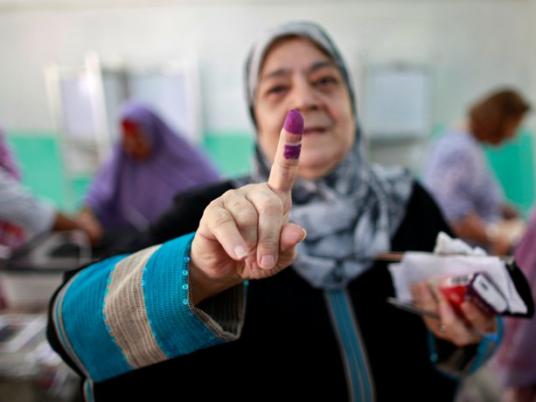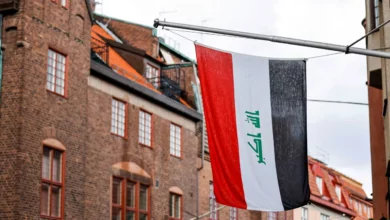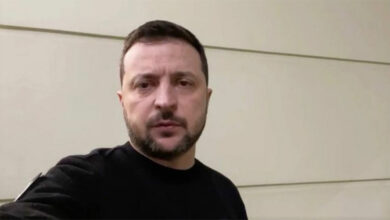Six media partners came together Sunday with the aim of improving both reporting and understanding of youth from around the Mediterranean
“Tahqiq Sahafi: Cultural Journalism and Investigations in the Mediterranean” is an editorial project to be conducted in 11 Mediterranean countries by six media partners, including BabelMed, Ramattan, L’Orient-Le Jour, Le Journal Hebdomadaire, Bianet, and Egypt’s Al-Ahram Hebdo.
In the words of Paul Walton, Communication Manager of the Anna Lindh Foundation “The media plays a central role in shaping the mutual perceptions across the two shores of the Mediterranean, and initiatives such as ‘Tahqiq Sahafi’ are essential in terms of bringing together journalists who can reach the people at large and effectively communicate the complexities and issues related to the region’s cultural diversity.”
The Alexandria-based Anna Lindh Foundation provided a budget of 70,000 euros for the initiative. The Rene Seydoux Foundation in Paris also supports the project, which will launch a series of inquiries based on the theme “Youth in the Mediterranean.”
The daily life of a young Palestinian cannot be compared to the life of a young Italian or Egyptian, but the goal of this inquiry is to reveal these disparities in an attempt to foster a better understanding of others.
Nathalie Galesne, the editor-in-chief of BabelMed, explains that meetings between media partners and the journalists were organized to refine the major themes that the initiative will cover. One of the four themes will be “Portrait of a Generation,” which aims to describe young people from 20 to 30 years old in Europe and the Mediterranean, as well as convey their aspirations and visions for the future. The team of young journalists will also address the different realities of immigration and the increasing number of female immigrants.
The second theme, “Young people facing their future: a new war?” will study the various European policies aimed at curbing immigration, both legal and illegal. Kenza Sefraoui, who writes for Le Journal Hebdomadaire in Casablanca, explains that she will focus on three different aspects of Moroccan society directly concerning youth.
“The collapse of public services directly affects the young generation, especially the degradation of the educational system. It has resulted in a wide gap between the rich and poor, city-dwellers and people in rural areas,” she explains, stressing that despair is a prevalent feeling among Moroccan youth. “The feminization of illegal immigration is also a central theme to investigate, as well as the steady rise of drug use,” which she says is indicative of a general malaise. Sefraoui added, “This generation also developed an attachment to religion which is in no way comparable to that of the previous generation."
Lebanon, Palestine and Algeria will be the focus of the third theme, “Being 20 years old in the rubble." These investigations will give voice to young people who are growing up surrounded by destruction in places where hope is scarce.
Toufic Haddad, journalist for Ramattan Press Agency will be leading the inquiries in the West Bank and in the Gaza Strip, where, Haddad says, "youth represent 40 to 60 percent of the population and live fragmented from one another.” He adds, “Forty-two years of Israeli occupation have all but crushed an entire generation,” stressing that Israel has conducted a systematic policy aimed at “breaking the spirit of the young Palestinians.”
According to Haddad, the first powerful memory in these young people’s minds is the first Intifada, “a memory that is both inspiring and traumatic, that led to massive imprisonments and school closures.”
“The passage from childhood to youth to adulthood in Palestine is a path filled with obstacles, like education, unemployment and related difficulty affording the dowry to get married,” he says. “Palestinian call prisons ‘the first Palestinian University,’ as many of the youngsters passed through the Israeli jails,” he adds, explaining that Israelis consider a 16-year-old Palestinian an adult, while the Israeli males reach legal adulthood at the age of 18.
Maria Saad Pascalides, journalist and editorial manager at L’Orient-Le Jour Junior in Lebanon, wants to direct some inquiries towards one of Lebanon’s greatest concern today: the move toward isolation among that country’s various communities. “The 18 communities present in Lebanon are experiencing an inward turn that is smashing the idea of a Lebanese nation,” she says with much concern.
The final theme “Cultural Diversity in Urban Space” aims to launch a series of investigations granting greater visibility to local arts and culture in these various countries.
The 86 reports scheduled to come out of this project will be available starting in February 2010 on BabelMed website in Arabic, French, English, and Turkish. The six newspaper involved in the project will choose whether to publish part or all the pieces related to their country.




